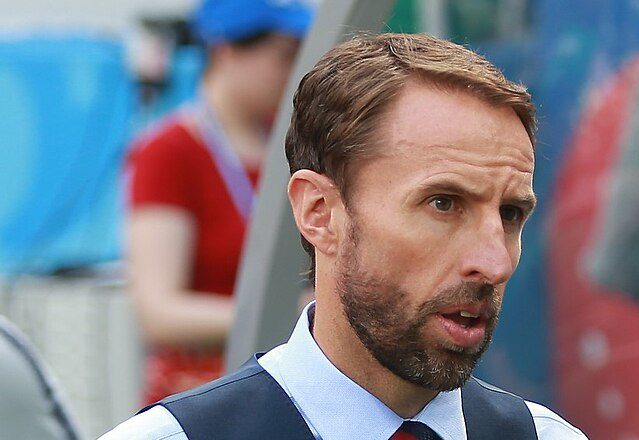Another football tournament over and more soul-searching. Will England’s men’s team ever return to their rightful place at the pinnacle of the game that we invented?
When the European Championships first started in 1960, England had no interest in participating. At the time, we looked forward to a post-season kick-about with Scotland, Wales and Northern Ireland. There was no appetite to play against our lowly European neighbours, although a few short years earlier we had been beaten 6-3 and 7-1 by Hungary.
In the 60 years since we first deigned to enter the Euro’s in 1964, we have managed to reach the final twice. In other words, in 16 attempts, we have reached the final twice. The two occasions that we have reached the Final are 2020 (played in 2021) and 2024. On both occasions we lost by the tightest of margins.
Here we are, a few days after reaching the Final and losing to a well-drilled, strong and capable Spanish team.
We are not brave enough, do not attack enough, and anyway the Manager picks the wrong players and is afraid to make substitutions.
Is this really a fair assessment?
Some people blame the relative failure on the relatively placid man who was in charge at the time. Surely he should have been ranting and raving at the young men in his squad. They should be terrified of him. That’s how is always worked in the past.
Maybe we are looking at England’s performance the wrong way round.
In a book written in 2009, ‘Soccernomics’, the authors posited that England’s performances in major tournaments was slightly better than expected given criteria such as the country’s size, relative wealth, and investment in sport. At the time England tended to reach the final eight but go no further.
A generation later, we seem to expect to reach at least the semi-final or final. Being England, we also expect them to do it with panache and style.
Gareth Southgate, the manager, may have lacked the guile to emerge victorious at the highest level of the game. He does however reflect the Zeitgeist where a calm and measured approach to problem solving is becoming more respected. He was able to stimulate and motivate a group of exceptionally wealthy young men brought up in a very different environment that he faced in the 1970’s and 1980’s.
There are anecdotes about how he learns from perceived mistakes. When he was captain of Aston Villa, the star striker was suffering from mental health challenges. His attitude at the time was ‘you earn lots of money, have a beautiful girlfriend what have you got to be depressed about?’ That was not an unusual response during that era. He has however revisited his thought processes and totally revised his approach. This type of emotional intelligence would appear to be one of the reasons for his relative success.
How will we look back on the past few weeks of football? Sport is at its best when it produces moments of drama resulting in shared memories. It can be Gazza’s tears in 1990 or Andy Murray winning Wimbledon in 2013.
Some of the early matches were fairly drab and uninspiring but the tournament produced at least two moments of incredible drama- the Bellingham equaliser against Slovakia and the Watkins winning goal against Netherlands. We may not have come away with the trophy, but we emerge with memories of great drama and excitement, and the Manager deserves great credit for that.
He has decided that the time has come for him to move on. He should depart with everyone’s good wishes and I suspect that in years to come we may well look back at the successes of his tenure as something of a golden era.













































